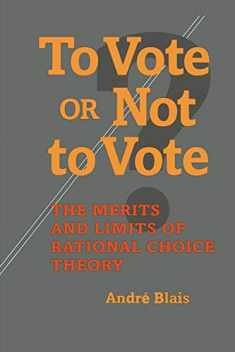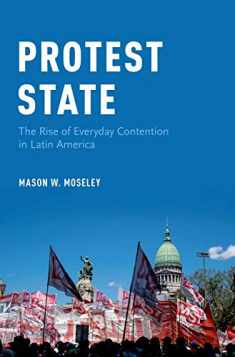
Losers' Consent: Elections and Democratic Legitimacy (Comparative Politics)
Book details
Summary
Description
Democratic elections are designed to create unequal outcomes: for some to win, others have to lose. This book examines the consequences of this inequality for the legitimacy of democratic political institutions and systems. Using survey data collected in democracies around the globe, the authors argue that losing generates ambivalent attitudes towards political authorities. Because the efficacy and ultimately the survival of democratic regimes can be seriously threatened if the losers do not consent to their loss, the central themes of this book focus on losing: how losers respond to their loss and how institutions shape losing. While there tends to be a gap in support for the political system between winners and losers, it is not ubiquitous. The book paints a picture of losers' consent that portrays losers as political actors whose experience and whose incentives to accept defeat are shaped both by who they are as individuals as well as the political environment in which loss is given meaning. Given that the winner-loser gap in legitimacy is a persistent feature of democratic politics, the findings presented in this book contain crucial implications for our understanding of the functioning and stability of democracies.


We would LOVE it if you could help us and other readers by reviewing the book
Book review





